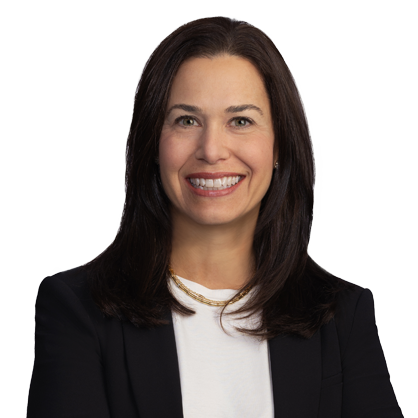Insights
Thought Leadership
New York and Connecticut Adopt Changes to Modernize Securities Filings
On December 1, the New York State Attorney General announced that it had adopted amendments to its regulations (13 NYCRR 10[1] and 13 NYCRR 11[2]) governing the registration of securities and investment adviser representatives. The Investor Protection Bureau of the New York State Department of Law (the Investor Protection Bureau) described the revisions as designed to "modernize its registration function, to better conform to the federal securities registration regime, to cure industry confusion as to certain registration requirements and to better track exam requirement compliance of thousands of investment adviser representatives providing advice to New Yorkers."
Effective immediately, issuers offering securities from New York or to New York residents in private placements conducted pursuant to Rule 506 of Regulation D will be required to make notice filings for federal "covered securities" by filing Form D with the Investor Protection Bureau. This welcome change finally brings the New York state blue sky notice filing requirement into conformity with the requirements of every other state. New York's burdensome and intrusive Form 99 filing has been eliminated. Moreover, unlike the Form 99, which was a dealer registration requirement and required to be submitted prior to making any sale or offer for sale of securities to an investor in or from New York, the Form D is required to be filed with New York on the same schedule as federal and other state filings—within 15 days of the first sale of any securities to an investor in New York. Conveniently, the New York notice filing is also made online through the Electronic Filing Depository (EFD) system developed by the North American Association of Securities Administrators (NASAA), in contrast to the Form 99, which was required to be submitted to the Investor Protection Bureau by hard copy in duplicate. Issuers who have previously filed Form 99 may continue to rely on such filing if it was made within the last four years.
Effective February 1, 2021, under revised 13 NYCRR 11, investment adviser representatives (IARs) doing business in New York will be required to register with the state of New York by completing Form U4 and passing the Series 65 examination (Uniform Investment Adviser Law Examination) or a combination of the SIE, Series 7 and Series 66. Currently, New York is the only state that does not require IARs to pass an exam or register with New York while doing business in the state.
The exam requirement is waived for individuals who have been continuously registered to provide investment advice in any jurisdiction for at least two years prior to filing the Form U4 with New York, provided that such individual (a) has not had a lapse of registration exceeding two years, and (b) does not have a disciplinary history that would require disclosure on Form U4. Persons holding certain professional designations are also exempt from the examination requirement. Although the registration requirement is effective as of February 1, 2021, individuals currently engaged as IARs who do not qualify for the exam waiver may continue to work in such capacity without an approved registration until December 2, 2021, so long as the individual submits on or before August 31, 2021, a Form U4 requesting investment adviser representative registration in New York.
In another long-overdue development, the Connecticut Department of Banking (the Department of Banking) recently announced that issuers of securities may make regulatory filings with the Department of Banking and pay associated fees online through the EFD system. Use of the EFD system to make filings with Connecticut is optional, and paper filings will continue to be accepted. The system will be rolled out in stages; currently, only notice filings related to private placements made pursuant to Rule 506 of Regulation D may be made through the EFD system. This follows an announcement by the Securities Division of the Secretary of the Commonwealth of Massachusetts (the Securities Division) earlier this year that issuers of securities may make notice filings related to private placements made pursuant to Rule 506 of Regulation D by filing Form D and paying related fees online through the EFD system. Issuers are not required to use the EFD system to make filings in Massachusetts, and paper and e-mail filings continue to be accepted by the Securities Division.



